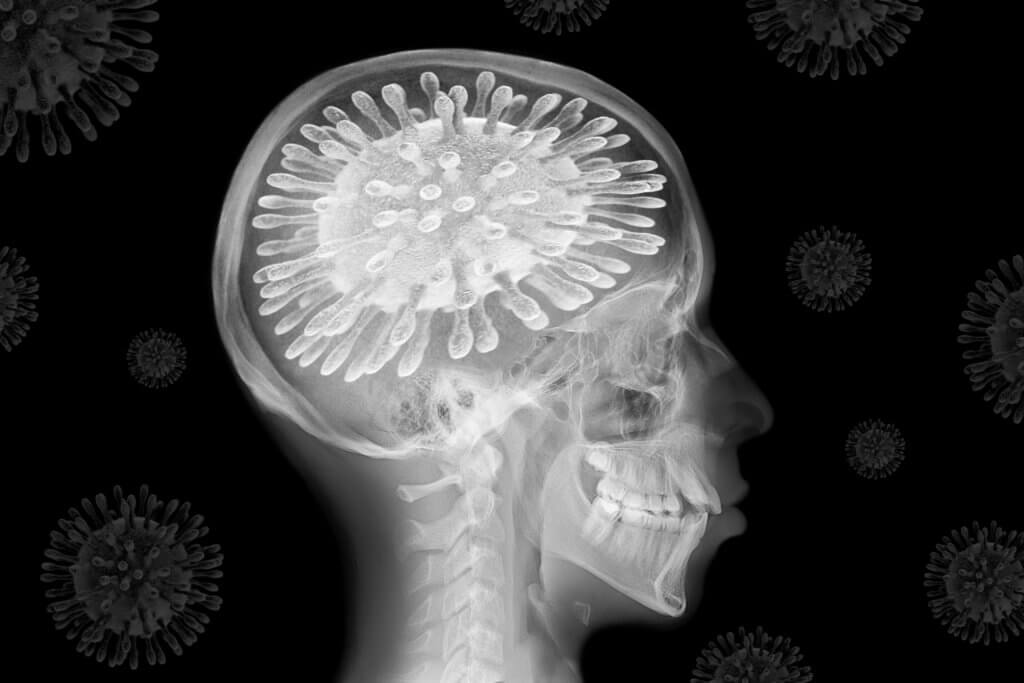Contracting COVID-19 can cause long-term respiratory complications, but now, a new study reveals the virus can lead to accelerated brain aging. Researchers from Houston Methodist say SARS-CoV-2 infections can lead to irreparable neurological conditions. It can also increase the likelihood of strokes as well as the risk of developing persistent brain lesions that can lead to brain bleeding.
The elderly and other vulnerable populations can be at greater risk of permanent neurodegenerative diseases from the coronavirus. Previous brain imaging studies on COVID-19 victims and survivors showed the formation of microbleed lesions in deeper brain regions related to cognitive and memory functions. For this study, Houston Methodist researchers investigated the possible chronic neuropathological outcomes in aging and comorbid populations if COVID-19 therapeutic intervention isn’t executed.
Researchers say COVID-19-induced microhemorrhagic lesions may worsen DNA damage in affected brain cells, which results in neuronal senescence and activation of cell death mechanisms. This ultimately impacts brain microstructure-vasculature. Researchers say these pathological phenomena resemble indicators of Alzheimer’s and Parkinson’s diseases and are likely to aggravate advanced-stage dementia.
Researchers state more severe long-term COVID-19 effects include predispositions for Alzheimer’s, Parkinson’s and other neurodegenerative diseases. The virus also causes cardiovascular disorders due to internal bleeding and blood clotting-induced lesions in the part of the brain that regulates the respiratory system. COVID-19 even accelerates cellular aging.
“A plethora of cellular stresses inhibit the virus-infected cells form undergoing their normal biological functions and let them enter into ‘hibernation mode’ or even die completely,” researchers say in a media release.
Researchers recommend several strategies to improve some of these long-term neuropsychiatric and neurodegenerative outcomes. Combining the “nanozyme” therapeutic regimen with various FDA-approved drugs may prove successful to fight against the disease.
Other studies are focusing on how COVID-19 affects the central nervous system. Twenty to 30 percent of patients have reported a lingering psychological condition known as “brain fog.” These patients have been suffering from symptoms such as memory loss, difficulty in concentrating, forgetting daily activities, difficulty in selecting the right words, taking longer than usual to complete a regular task, disoriented though processes and emotional numbness.
COVID-19 has killed over 6 million people worldwide, including more than 1 million in the United States. Over 93 million Americans have contracted the virus.
Researchers say the pandemic is far from over. Getting vaccinated and maintaining proper hygiene are the best ways to combat the virus.
The study is published in the journal Aging Research Reviews.












